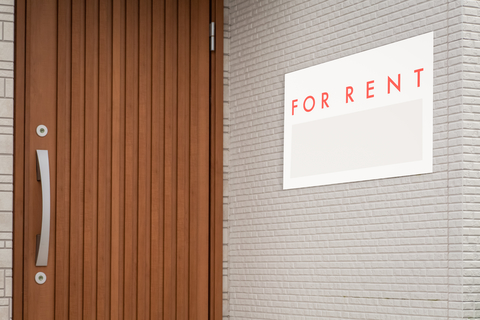
ANIMAL THERAPY OR SERVICE ANIMALS
Usually listed under medical expenses on income tax forms, you may qualify for benefits or credits if you or a dependent requires the assistance of an animal. Consider submitting the necessary receipts if you pay for regular animal therapy or the purchase, training and upkeep of a service animal.
FARM ANIMALS
If you own livestock, herding animals or guard animals in order to operate a business, you very likely can claim a portion of their initial purchase as well as costs of caring for them. Optimizing your tax return is vital for the successful operation of ranches and farms of any size or scale, so do not overlook the benefits and credits available to you.
ANIMAL TRANSPORTATION
Moving residences is one of the rare cases where your family pet(s) could earn you an income tax credit. Since moving means your pet(s) and the necessary supplies need to come with you, there are some accommodations for reporting any related costs. Also: if your business relies on transporting your animals, a portion of your fuel and maintenance costs should always be claimed as deductible.
CHARITABLE DONATIONS
If you give to shelters, rescues or other non-profit animal welfare organizations, always request a tax receipt when eligible. A charitable donation is one of the easiest ways to express your love for domestic animals while earning income tax credit. Costs related to fostering and sponsoring animals for certified organizations may also qualify.
JOBS WITH DOGS
Not just limited to dogs, animal ownership is a multibillion-dollar, worldwide industry– there are countless industries and professions that thrive within it. Always claim any eligible expenses directly related to your job! For example: a dog walker can claim a portion of their fuel and maintenance costs, if they use their personal vehicle to transport dogs to and from their clients’ homes.
The five scenarios outlined above are only some of the ways owning or caring for an animal could lead to income tax deductions, credits or benefits. For a full understanding, contact or visit Liu & Associates today with any issues, complications or concerns!

 Nowadays, business and their employees are connected more than ever– allowing increased flexibility when, where and how people complete their work. Also there is a rising number of people whose main income is self-employment, which has blurred the lines between are personal spaces and the workspace.
Nowadays, business and their employees are connected more than ever– allowing increased flexibility when, where and how people complete their work. Also there is a rising number of people whose main income is self-employment, which has blurred the lines between are personal spaces and the workspace. 



 your tax return late should be avoided if possible, because doing so can end up costing you big – especially if it happens year over year! A late tax return can come with interest, penalties and even interest on your penalties! However, if you have missed the April 30 deadline, don’t dismay – Liu & Associates can help! Read on for what you need to know about late tax returns.
your tax return late should be avoided if possible, because doing so can end up costing you big – especially if it happens year over year! A late tax return can come with interest, penalties and even interest on your penalties! However, if you have missed the April 30 deadline, don’t dismay – Liu & Associates can help! Read on for what you need to know about late tax returns.
